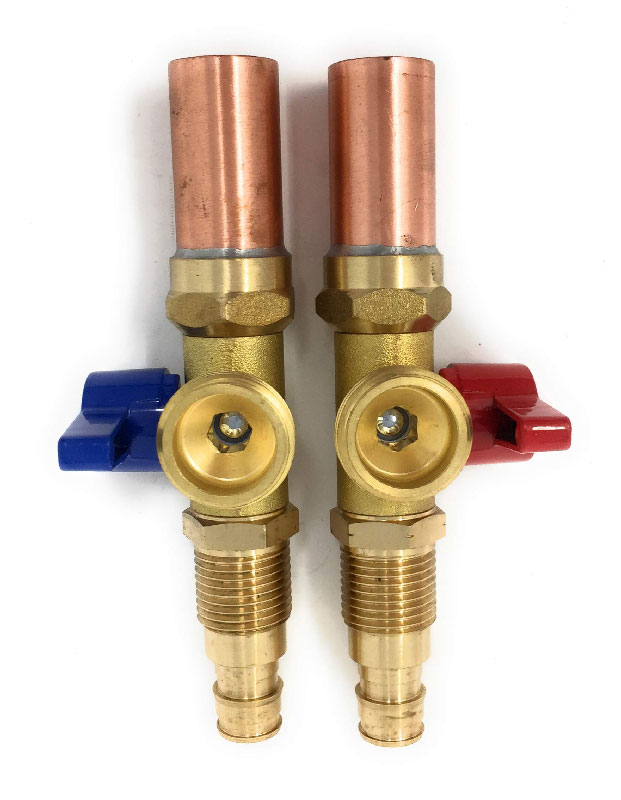Sudden pressure surges in pipelines, known as water hammer, can cause serious damage to pumps, pipes, and fittings. A water hammer valve is specifically designed to prevent or mitigate these destructive pressure spikes, ensuring the safety and longevity of fluid systems.

This guide explains what a water hammer valve is, how it works, its benefits, and common applications.
Table of Contents
Toggle⚙️ What Is a Water Hammer Valve?
A water hammer valve is a specialized control valve installed in a piping system to absorb or redirect the energy generated by a sudden change in fluid velocity.
Purpose: Protects pipelines and equipment from high-pressure shocks caused by rapid valve closure or pump operation.
Alternative Names: Surge relief valve, pressure shock valve.
Industries: Water supply, HVAC, chemical processing, and industrial pumping systems.
🔧 How Does a Water Hammer Valve Work?
Water hammer valves operate by cushioning the pressure surge created when fluid suddenly stops or changes direction.
Normal Flow – Fluid moves through the pipeline without obstruction.
Sudden Closure / Pump Stop – A rapid change in flow generates a high-pressure wave in the system.
Valve Action – The water hammer valve reacts by either:
Temporarily opening to relieve pressure, or
Absorbing the energy via a spring, air chamber, or piston mechanism.
Return to Normal – Once the pressure surge dissipates, the valve closes and the system resumes normal operation.
This process prevents pipe rupture, joint failure, and damage to pumps or other equipment.
✅ Benefits of Using a Water Hammer Valve
Protects Pipelines – Reduces the risk of rupture or leaks caused by sudden pressure surges.
Extends Equipment Life – Safeguards pumps, meters, and valves from damage.
Enhances Safety – Minimizes risk of accidents from burst pipes or uncontrolled fluid surges.
Reduces Maintenance Costs – Prevents frequent repairs due to water hammer damage.
Easy Integration – Can be installed in new or existing pipelines without major modifications.
🏭 Common Applications
Water hammer valves are critical in systems where rapid valve operation or pump cycling can create pressure spikes:
Municipal Water Supply – Protects pipelines from sudden pump stops or rapid closure of main valves.
HVAC Systems – Prevents pressure surges in heating and cooling circuits.
Industrial Pumping Systems – Protects large pumps in chemical plants, food processing, or manufacturing lines.
Irrigation & Hydropower Systems – Prevents surge damage in penstocks and irrigation pipelines.
🔍 Water Hammer Valve vs. Standard Check Valve
| Feature | Water Hammer Valve | Standard Check Valve |
|---|---|---|
| Purpose | Absorbs or relieves pressure surges | Prevents backflow |
| Function | Protects pipes & equipment from water hammer | Allows fluid flow in one direction |
| Mechanism | Spring, air chamber, or piston absorbs energy | Swing, lift, or ball mechanism |
| Applications | High-speed pump systems, rapid valve closure | Any system requiring backflow prevention |
📩 Conclusion
A water hammer valve is an essential safety device in pipelines prone to pressure surges. Installing one ensures:
Reduced risk of pipe and equipment damage
Increased system longevity
Safer operation in industrial and municipal water systems
For pipelines with fast-closing valves or high-speed pumps, a water hammer valve is not optional—it’s a must-have.
